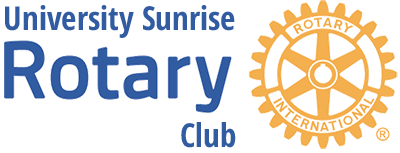 The Christy Goff Health Express made another stop at our station, this time bearing tidings about some fall-winter assaults upon the erstwhile immune system. To encapsulate:
The Christy Goff Health Express made another stop at our station, this time bearing tidings about some fall-winter assaults upon the erstwhile immune system. To encapsulate:
- The Cold, aka (military) Nasopharyngitis, acute, severe, catarrhal, cause undetermined. It is difficult to treat, except for symptoms of runny nose and dry or productive cough. It is of gradual onset, with little or no fever or aching. It is caused by one of several viruses.
- Flu. It is caused by the influenza virus and is contagious before the onset of symptoms. It reigns mainly between November and April and attacks the most vulnerable, namely infants and the aged. Involvement of the throat and lungs is a threat. Contrasted to viral colds, it is of sudden onset and features fatigue, fever, aching, and a dry cough. It is treated with Tamiflu and antiviral Rxs. General treatment (and this is also appropriate for colds): rest, fluids, avoidance of alcohol and tobacco.
- Seasonal Affective Disorder. This occurs in the fall and winter and is typified by excess sleeping, anxiety, depressed mood, lower energy, and irritability. Treatment consists of regular exercise, exposure to the outdoors light, or even use of a light box. Vitamin D levels should be checked. These are normally highest at the end of summer and lowest by March or April. Vitamin D and calcium aid the immune system.
In general, whole foods (vegetables, grains, fruits) are beneficial. One should limit sugar, alcohol, and smoking, which abet inflammation and compromise the immune system. Fermented foods, i.e., yogurt, sauerkraut, have a probiotic effect. Adding “zing” in the form of herbs and spices is of anti-inflammatory value.
For the holidays, choose only one sugar and savor it. Garlic and onions are antibacterial and antifungal. Supplements and herbs: Echinacea vs. colds; Elderberry vs. flu. Zinc, Vitamins C & D mitigate vs. flu and cold
The immune system ages. In the elderly, consider as serious shortness of breath and fever of over 100 that persists
